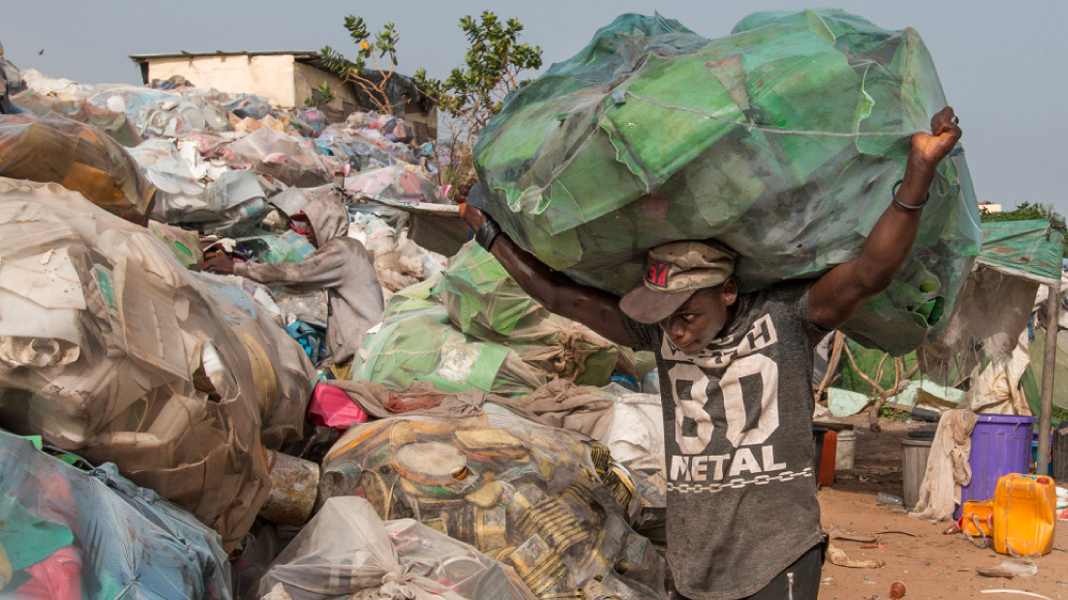PROMOGED will build 400 waste management infrastructures
The director of the project to promote integrated management and economy of solid waste in Senegal (PROMOGED), Ibrahima Diagne, announced on Tuesday the construction of 400 waste management infrastructures on the national territory.
"We are going to build 400 waste management infrastructures on the national territory," said Ibrahima Diagne who was the guest of the Senegalese News Agency (APS).
The Project for the promotion of integrated management and economy of solid waste (PROMOGED) was launched in June 2021.
PROMOGED, the second phase of the national waste management program (PNGD) defined in 2014, covers 138 municipalities spread across the regions of Dakar, Thies, Sédhiou, Kolda, Ziguinchor, Saint-Louis and Matam.
The objective is to strengthen governance in solid waste management in Senegal and to improve solid waste management services in the selected cities.
Ibrahima Diagne said that it was to build respectively collection points, consolidation centers, transfer centers and integrated waste recovery centers for neighborhoods, municipalities, departments and regions benefiting from the project.
"We will have two integrated waste recovery centers and three sorting and transfer centers in the region," he said.
A waste recovery center is a center where any kind of waste that arrives is systematically sorted so that we can recover all the recyclable or recoverable parts," he explained.
He said that "90% of the funding of PROMOGED were essentially intended for the construction of infrastructure for waste management.
In this dynamic, he insisted on "the need to have substantial financial resources", adding that the project coordination team was working on innovative financing mechanisms.
"Today, we want to change the paradigm. Now we want to boost the economy of waste management," he said.
According to him, "the challenge is to ensure that waste is no longer perceived as something repugnant, but rather as a resource to be valued.
"That's why we talk about zero waste, which does not mean zero production, but it is that the waste is considered a resource that is now raw material," he explained.
"This will generate wealth, but especially to create jobs because we are in a country where demand is very strong," he argued.
DS//OID/AKS


